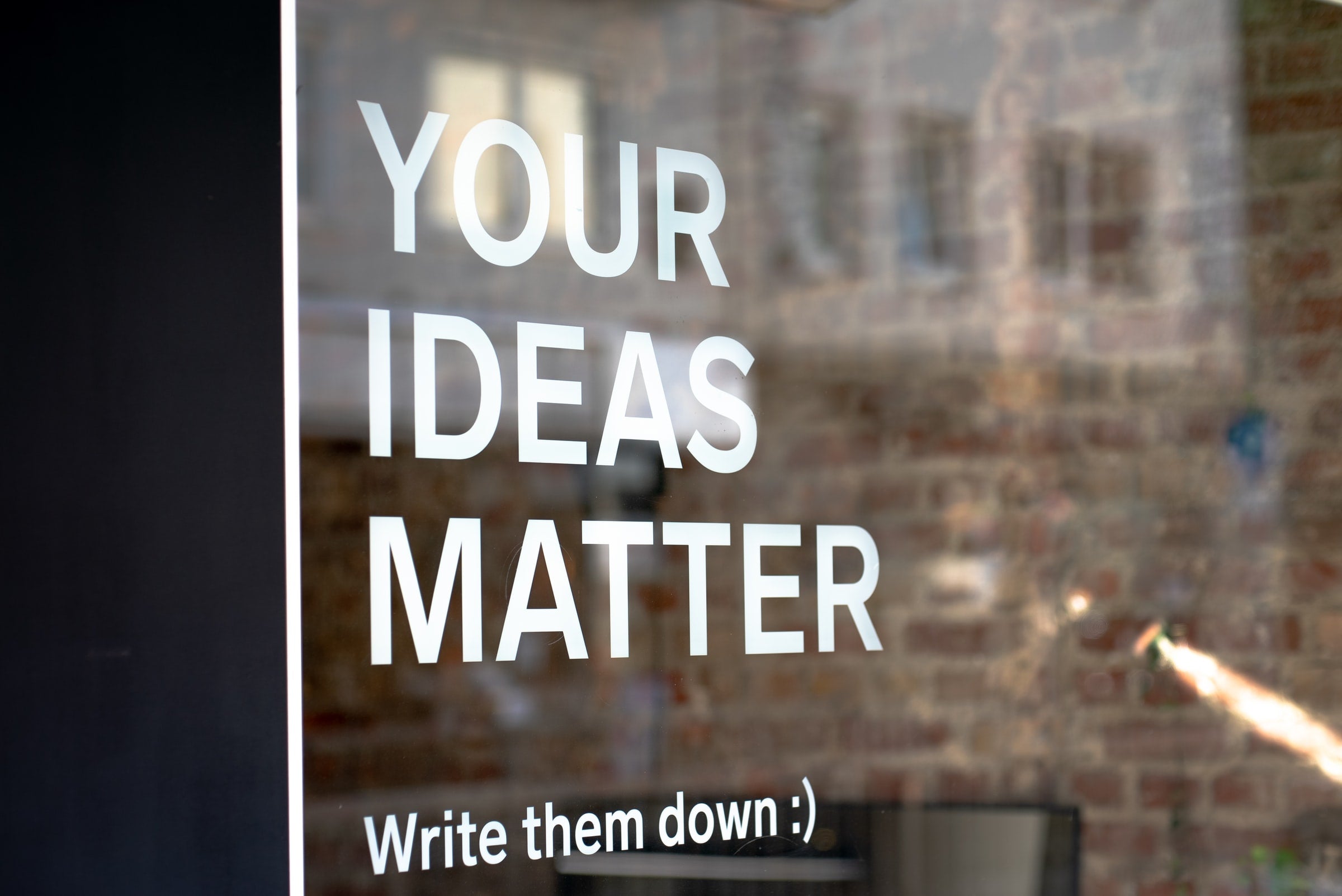Have you ever mistaken one company for another because the two appeared to be so similar? In our line of work, we deal with artists and creatives every day, both those that create the artwork for our clothing, and also in-house designers and creatives that decide how to present our products to the world.
Most people are quite aware that copying or duplicating an artist’s work is wrong, but in the digital age that we live in, often some of the finer details around copyright and ethics get lost, or ignored. It is for this reason that we felt compelled to write a little about our thoughts on the topic, both from the aspect of our business, and from that of our collaborating artists. This week’s post is around copyright in business and how it affects us.
What is copyright?
Australian copyright law protects the original creation of creative content, including artwork, visual and product design, writing and music. Quite simply, the creator of the content is the automatic holder of its copyright, and anyone else who reproduces it must seek their implicit permission. Unfortunately, over the years we have had to contact certain companies (often more than once) to remind them of these laws.
Healthy Competition vs Unethical Business
They say that imitation is the greatest form of flattery. While this may be true, in business, it can also become a cause for real concern. And legally, the limits can be pushed to some degree before action can be taken. But does this make it right?
Although it is legal (to a point) to create a business model that looks and feels very much like another, the question of ethics does then come into play. After all, what reason would one company have to recreate the creative ideas of another, right down to the look and feel of the website, marketing elements, services offered or even product styles?
These types of actions blur the lines between one brand finding ‘inspiration’ from another, with the brand in question quite simply trying to deceive customers into mistaking them for the business that they are mimicking.
 If you act with integrity, ethical behaviour is just a natural progression.
If you act with integrity, ethical behaviour is just a natural progression.
Where does it stop?
How far is too far? Well, if customers are getting your business confused with another on a daily basis due to the distinct similarities between the two, that is enough to tell you that something is amiss.
Intellectual property laws and business ethics can only cover so much, and quite plainly, there is a lot of room to bend these rules. This is where the decision to do the right thing often relies upon the integrity of the business owner.
As Dr. Jill Young so eloquently states -
“If you act with integrity, ethical behaviour is just a natural progression.”
(Image by Mika Baumeister)


Share:
49 Years as a National Icon
Male Model Search
1 comment
Well said! ❤️